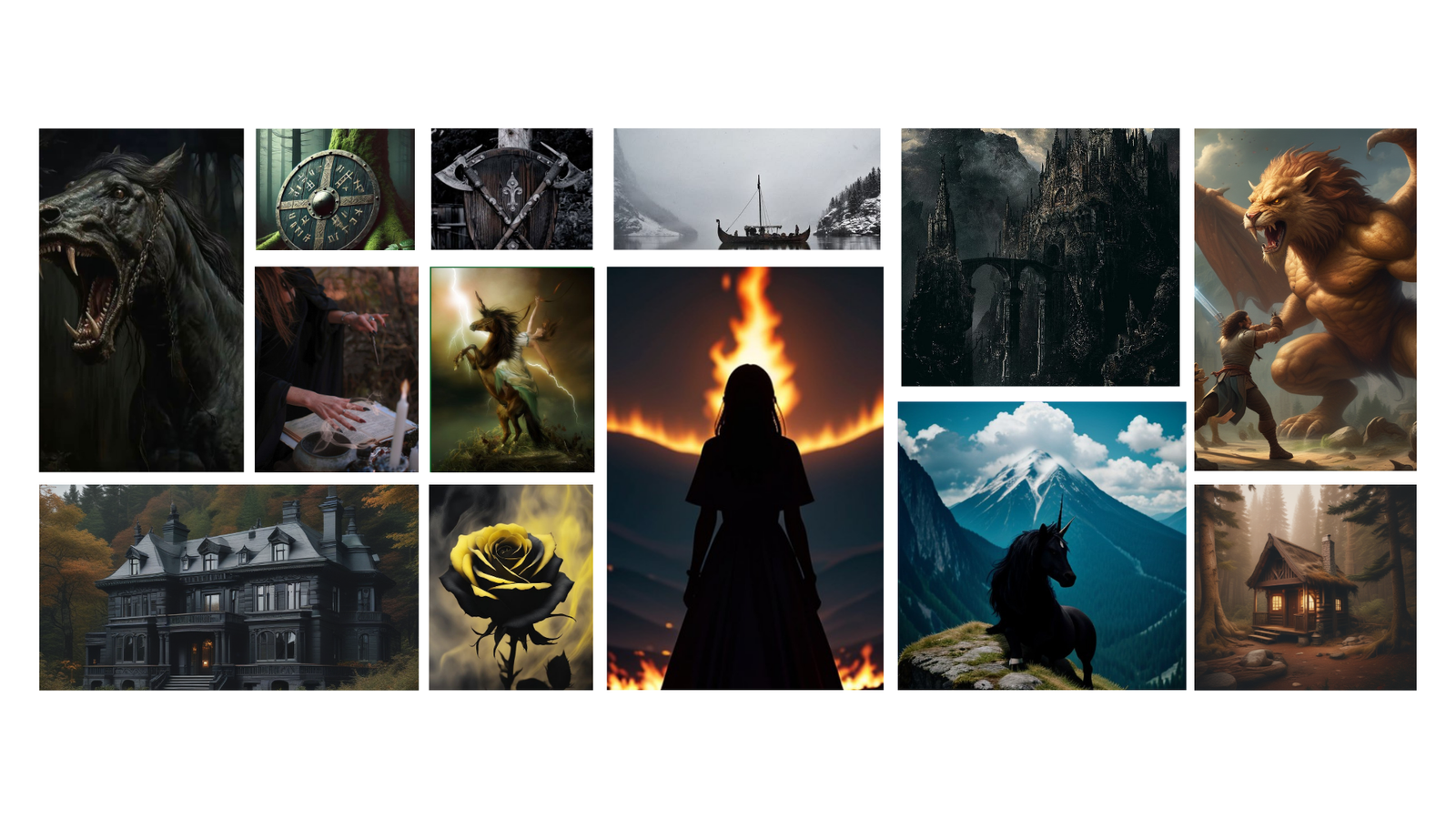
Freyja, one of the most revered goddesses in Norse mythology, is a multifaceted figure whose influence spans love, beauty, fertility, war, death, and magic. Her captivating stories and diverse roles make her one of the most complex and celebrated deities.
Freyja belongs to the Vanir, a group of gods associated with nature, fertility, and prosperity, distinct from the warlike Aesir gods like Odin and Thor.
Her name, Freyja, translates to “lady” or “mistress,” emphasising her noble and commanding presence among the gods.
Freyja is most famously associated with love, beauty, and fertility, embodying the passion and vitality of life. As a fertility goddess, she was often called on by those seeking marriage and children.
Her role as a goddess of love is balanced by her association with war and death. She is a formidable warrior who chooses half of the fallen warriors from battlefields to dwell in her realm, Fólkvangr (Field of the Host). The other half are taken by Odin to Valhalla (Hall of the Slain).
She is a master of seiðr, a powerful form of Norse magic involving prophecy and influencing fate. She is credited with teaching this practice to Odin.
Several symbols and items are closely tied to Freyja:
- Brísingamen: A gleaming necklace crafted by dwarves, symbolizing wealth, beauty, and power. Legends tell of Freyja’s quest to acquire it, showcasing her determination and agency.

- Cats: Freyja’s chariot is drawn by two large cats, a symbol of her connection to domesticity, fertility, and magic.
- Hildisvíni: Her boar companion, representing protection and fertility.

- Falcon Cloak: A magical cloak that allows her to transform into a falcon and travel great distances, further emphasizing her ties to magic and freedom.
The best known myths of Freyja:
The Theft of Brísingamen
In one of the most famous tales, Freyja acquires her necklace, Brísingamen, by striking a deal with four dwarves. Loki later steals the necklace, and Freyja must enlist the help of Heimdall to retrieve it. This story highlights her resourcefulness and the symbolic importance of Brísingamen.
The Giant’s Proposal
In another myth, a giant offers to build a wall around Asgard in exchange for Freyja’s hand in marriage. The gods deceive the giant by stalling the construction, showing Freyja’s desirability but also her resistance to being bartered.
The War Between the Aesir and Vanir
As a Vanir goddess, Freyja plays a role in fostering peace between the warring factions. Her presence in Asgard represents the unification of two divine worlds and the blending of their powers.
